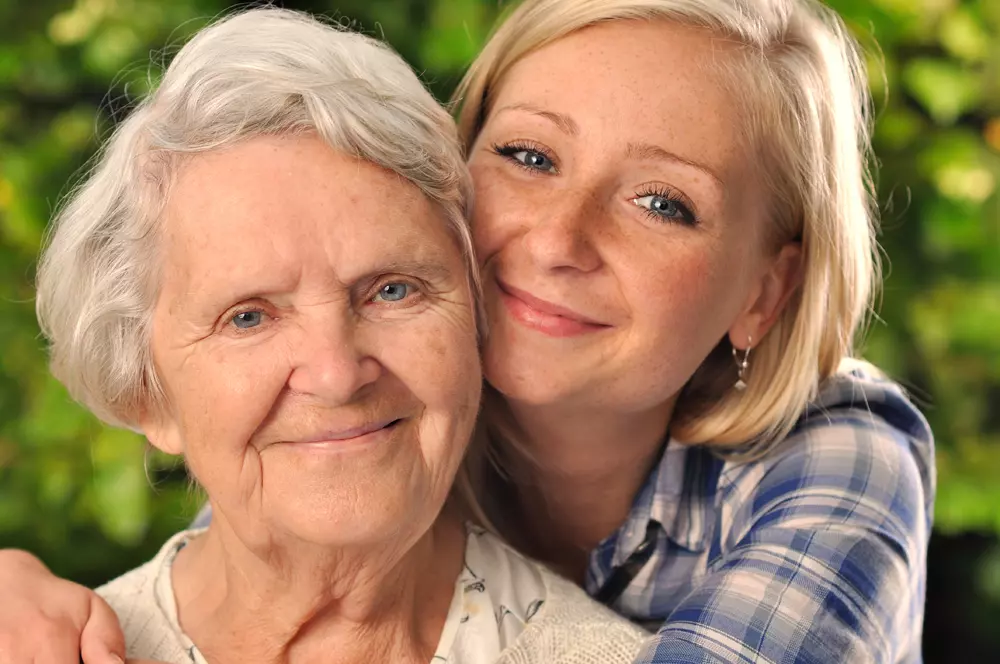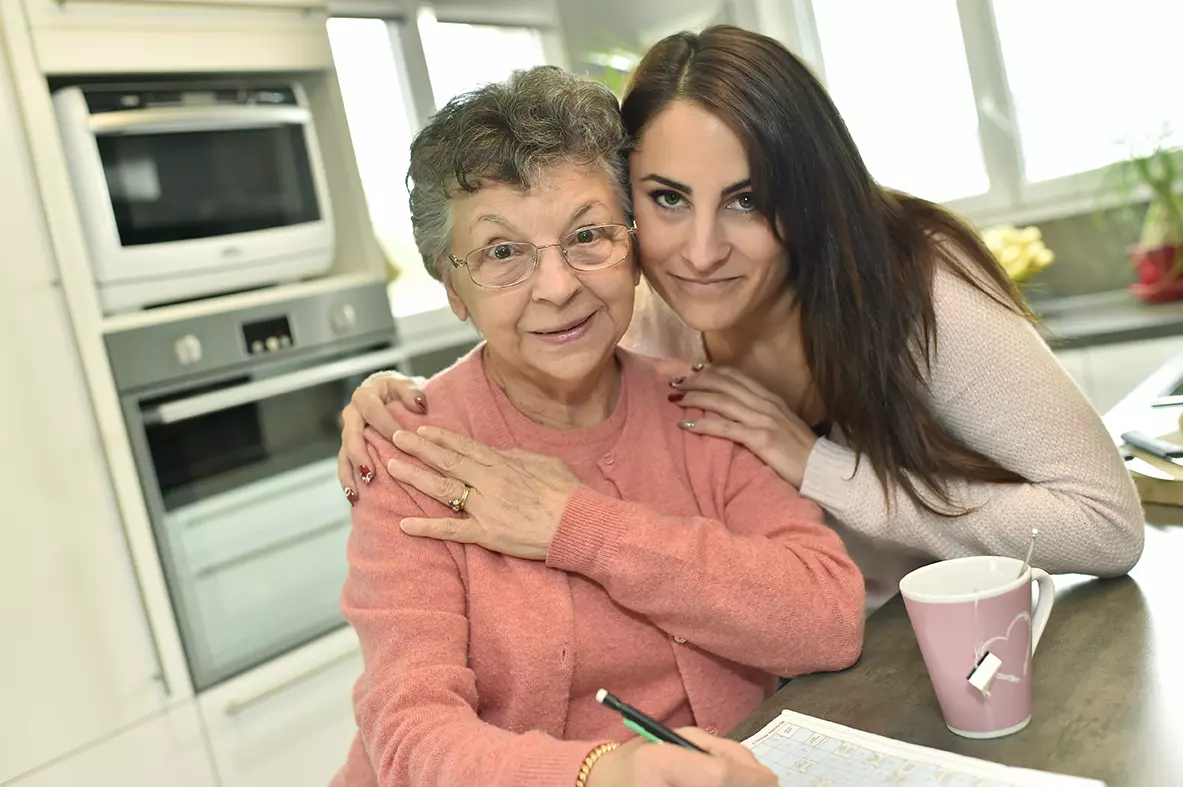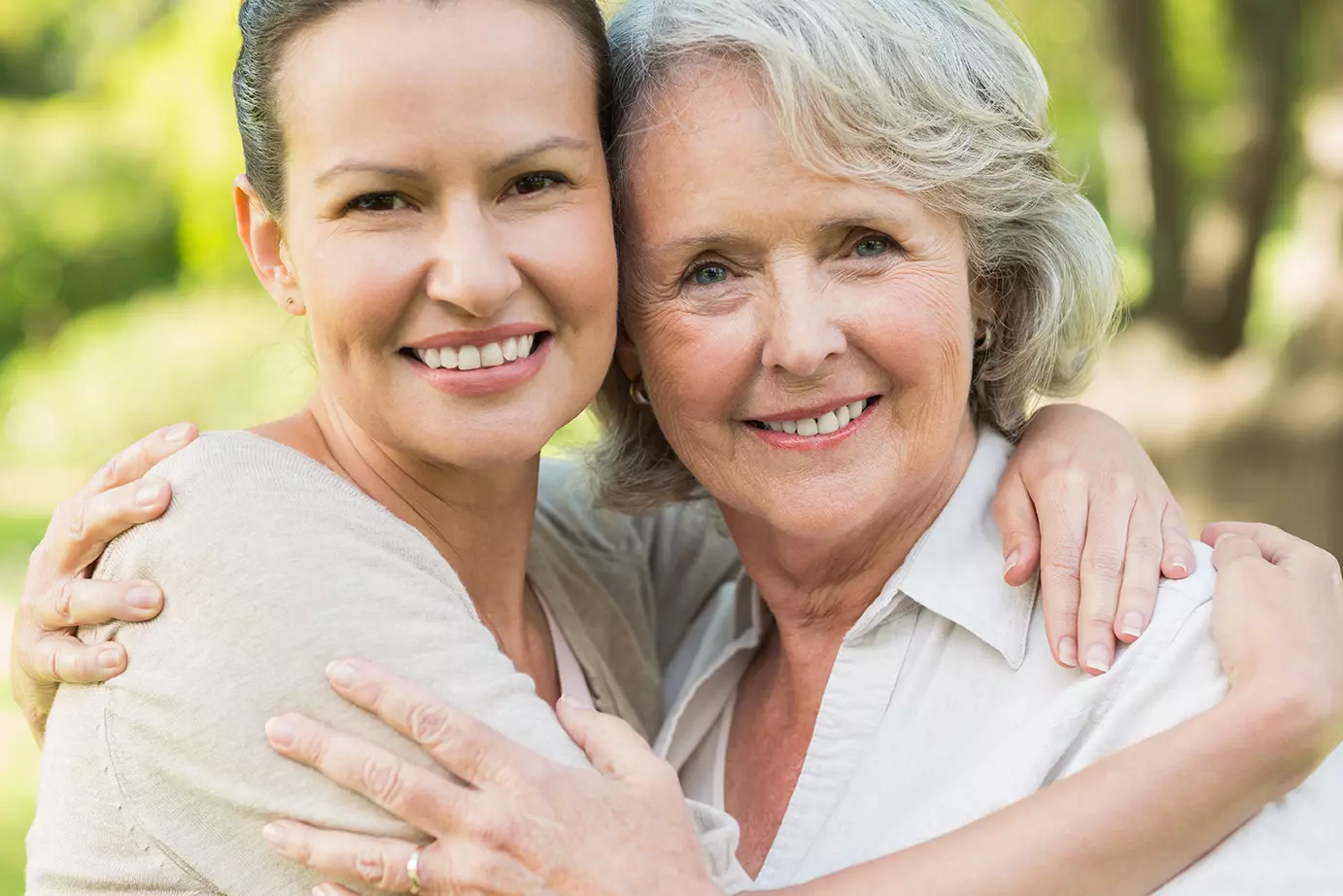
Aging is a natural part of life, and while it may come with some physical changes, it doesn't mean that a sedentary lifestyle is the only option. In fact, staying active through regular exercise is one of the most effective ways for older adults to maintain their physical and mental well-being. In this article, we'll explore the numerous benefits of exercise for older adults and provide valuable tips to help seniors embrace an active and healthy lifestyle.
Physical benefits of exercise for older adults:
- Improved strength and balance: Strength training and balance exercises help prevent falls and fractures by maintaining muscle mass and enhancing stability.
- Enhanced cardiovascular health: Aerobic exercises strengthen the heart and improve circulation, reducing the risk of heart disease and hypertension.
- Flexibility and range of motion: Stretching exercises improve joint mobility, making everyday activities easier and more comfortable.
- Weight management: Regular physical activity aids in controlling body weight and preventing obesity, reducing the risk of chronic conditions like diabetes.
- Pain management: Exercise alleviates joint pain and stiffness associated with arthritis and other musculoskeletal conditions.
- Better posture: Core-strengthening exercises improve posture, reducing the risk of back pain and enhancing overall comfort.
Mental and emotional benefits of exercise:
Find YOUR ideal care home NOW!
- Reduced risk of cognitive decline: Regular exercise is linked to improved cognitive function and a reduced risk of cognitive decline and dementia.
- Stress reduction: Physical activity releases endorphins, natural mood lifters that reduce stress, anxiety, and symptoms of depression.
- Enhanced sleep: Exercise promotes better sleep patterns and alleviates sleep disorders common among older adults.
- Increased social interaction: Group activities and exercise classes provide opportunities for socialization and forming new friendships.
Tips for seniors to stay active:
- Consult a healthcare provider: Seek guidance from your healthcare provider before starting any exercise program.
- Start slowly: Begin with low-intensity activities and gradually increase the intensity and duration.
- Mix it up: Incorporate a variety of exercises to work different muscle groups and prevent boredom.
- Stay hydrated: Drink plenty of water before, during, and after exercise to stay hydrated.
- Use proper gear: Wear comfortable, supportive shoes and appropriate clothing for your chosen activity.
- Set realistic goals: Set achievable goals and track your progress to stay motivated.
- Listen to your body: Pay attention to your body's signals and adjust your exercise routine accordingly.
Tips for Seniors to Stay Active Safely
| Tip | Importance | How to Apply |
|---|---|---|
| Consult a Healthcare Provider | Ensures safe exercise choices based on health conditions. | Get a fitness assessment before starting any program. |
| Start Slowly | Prevents injuries and builds endurance gradually. | Begin with low-intensity workouts, then increase over time. |
| Mix It Up | Keeps exercise interesting and engages different muscles. | Alternate between walking, swimming, and stretching. |
| Stay Hydrated | Prevents dehydration, especially during longer workouts. | Drink water before, during, and after physical activity. |
| Use Proper Gear | Reduces risk of injury and improves comfort. | Wear supportive shoes and breathable clothing. |
| Set Realistic Goals | Keeps motivation high and tracks progress. | Start with achievable goals like walking 15 minutes daily. |
| Listen to Your Body | Avoids strain and prevents injuries. | Stop exercise if you feel dizzy, short of breath, or in pain. |
Exercise is a cornerstone of healthy aging, offering a multitude of physical, mental, and emotional benefits for older adults. By embracing regular physical activity and following practical guidelines, seniors can enhance their quality of life, maintain independence, and enjoy a fulfilling and active lifestyle well into their golden years.
Frequently Asked Questions (FAQ) on Exercise for Older Adults
1. What are the best exercises for seniors?
Walking, swimming, yoga, and resistance training are excellent choices.
2. How often should older adults exercise?
The WHO recommends at least 150 minutes of moderate-intensity exercise per week.
3. Is strength training safe for seniors?
Yes, light resistance training helps maintain muscle mass and bone density.
4. Can exercise help prevent falls in seniors?
Balance exercises like tai chi and yoga improve stability and prevent falls.
5. What exercises help with arthritis pain?
Low-impact activities like water aerobics, stretching, and walking reduce joint stiffness.
6. How does exercise benefit cognitive function in seniors?
Physical activity boosts brain health, improving memory and reducing dementia risk.
7. Are group exercise classes beneficial for seniors?
Yes! They provide social engagement, motivation, and structured routines.
8. How can seniors stay motivated to exercise?
Setting goals, tracking progress, and engaging in enjoyable activities help maintain consistency.
9. What safety tips should seniors follow when exercising?
Stay hydrated, wear proper gear, start slowly, and listen to your body.
10. Can seniors exercise at home?
Yes, chair exercises, resistance bands, and online workout videos make home workouts easy.
Remember, we're here to support you in finding the right care home or facility for your needs. Don't hesitate to reach out to us at 0230 608 0055 or fill out our online form.
Share this article :
Latest posts
You are looking for an establishment for your loved one ?
Get availability & prices
Fill in this form and receive
all the essential information
We would like to inform you of the existence of the opposition list for telephone canvassing.











